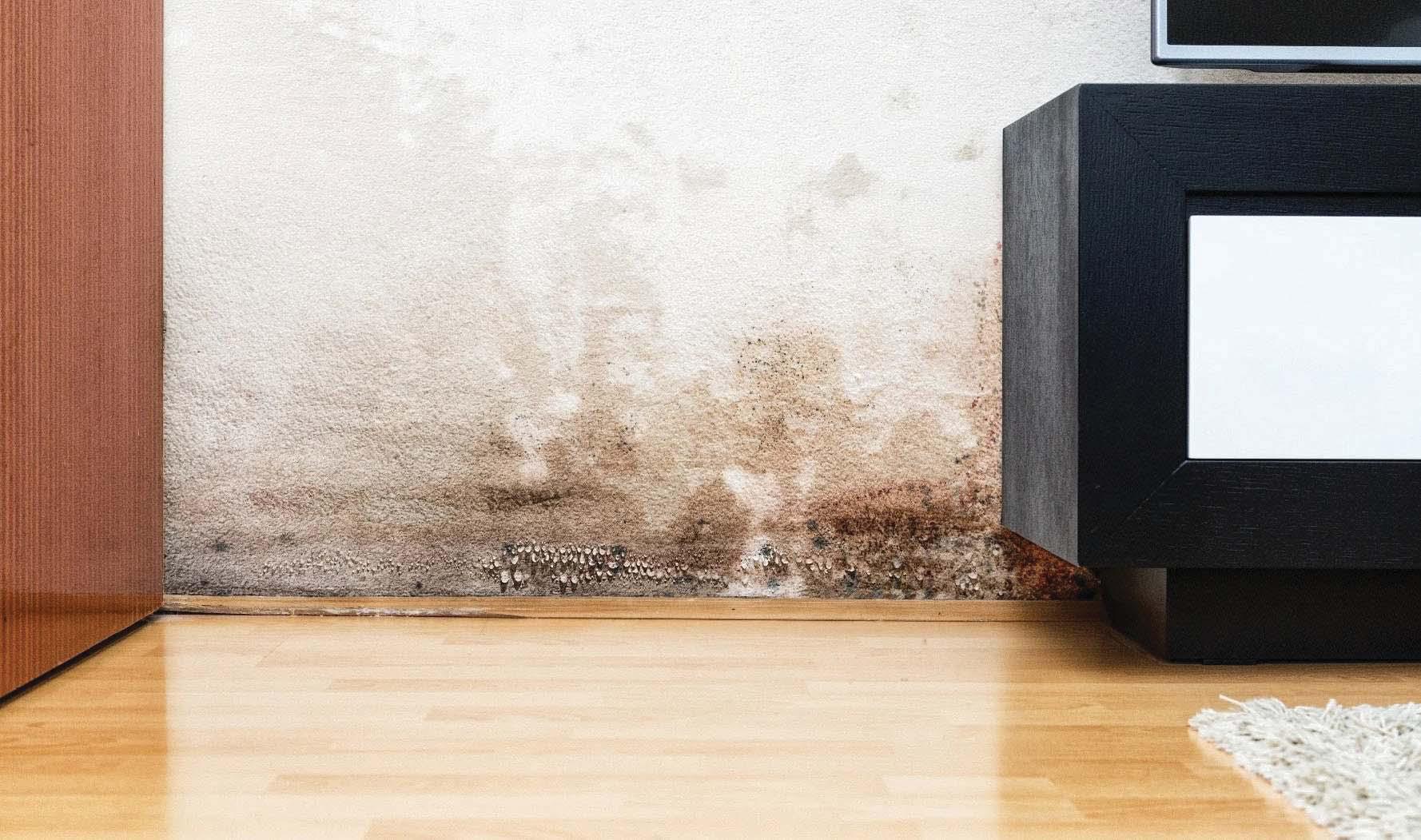
What is rising damp, and what causes it?
Rising damp is a form of damp that affects the walls of a building when moisture from the ground (or a leaky pipe) travels up through the wall. In a nutshell, your home's walls basically suck up water like a thirsty builder on a summer's day.
What causes it?
The main cause of rising damp is a faulty Damp Proof Course (DPC), which allows moisture to penetrate your home's walls.
Other causes include:
- Inadequate sub-floor ventilation: This causes a buildup of humidity and means that only the minimal evaporation from the soil and base walls occurs.
- Sub-floor obstructions: Any debris in the sub-floor that obstructs the flow of ventilation and may help contribute to dampness by bridging the DPC.
- Poor drainage and/or damaged guttering and pipes: Water may be directed underneath your house if you have poor drainage.
What are the signs of rising damp?
Commonly the first thing you'd find is a patch of wall with a band of dampness starting from the floor upwards - this often causes the paint to flake or the wallpaper to peel. Other unsightly and smelly signs include:
- Damp smells and a musty odour
- A reduced temperature at lower portions of your wall
- Rotting of embedded floor timbers
- Crumbling / blistered plaster due to salt crystallisation
Getting down to fixing it
Each case of rising damp varies from another, it's best to visit your nearest hardware store with photos of your problem so our consultants can help you with the perfect solution. To give you an idea how to fix the simplest case - bubbling paint without needing to chisel any plaster away.
This story is from the March/April 2023 edition of The Home Handyman.
Start your 7-day Magzter GOLD free trial to access thousands of curated premium stories, and 9,000+ magazines and newspapers.
Already a subscriber ? Sign In
This story is from the March/April 2023 edition of The Home Handyman.
Start your 7-day Magzter GOLD free trial to access thousands of curated premium stories, and 9,000+ magazines and newspapers.
Already a subscriber? Sign In

UPGRADING home security
When it comes to home security, doors, locks, and handles are your first line of defence.
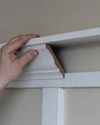
CEILING ELEGANCE
All you need to know about cornices and crown moulding.

8 DIY MYTHS YOU SHOULD STOP BELIEVING
DIY can seem intimidating, especially if you’re new to it or have heard some of the common myths that discourage people from trying their hand at it. But don’t let these misconceptions hold you back! Here are 8 DIY myths you should stop believing and the truth behind them.
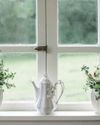
WINDOW WONDERLAND
Windows are more than just functional parts of a home they're key design elements that influence your comfort, security, and energy efficiency.

CONCRETE CREATIONS: A guide to working with cement
With the right tools, techniques, and a little know-how, working with cement can be straightforward and incredibly rewarding.

HOW TO CARVE A WOODEN BIRD
Do you love nature and its beautiful creatures? Are you passionate about wood carving and want to combine the two? If so, you're in the right place! In this article, we'll show you how to carve a wooden bird that captures the beauty of nature and provides a satisfying creative outlet.
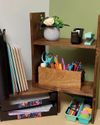
SHELF-INDULGENCE
Free-standing shelves are a versatile solution for tidying up almost any space. Whether it's your desk, kitchen, workshop, craft room, children's room, or even a spot for plants, these shelves can help you organise and declutter.
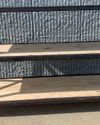
RACK IT UP
If you've ever wanted to create a custom shelf that combines industrial style with functionality, this project is for you! Using metal tubing and wood, you'll build a robust shelving unit perfect for organising your space.
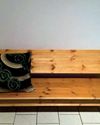
BUILDING A SIMPLE KITCHEN BENCH
I needed a kitchen bench, so I built one... When you're in need of furniture but don't want to spend a fortune, building it yourself can be both a cost-effective and satisfying solution.
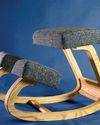
SIT HAPPENS
An ergonomic kneeling chair is a practical and stylish solution for anyone who spends long hours working at a desk.